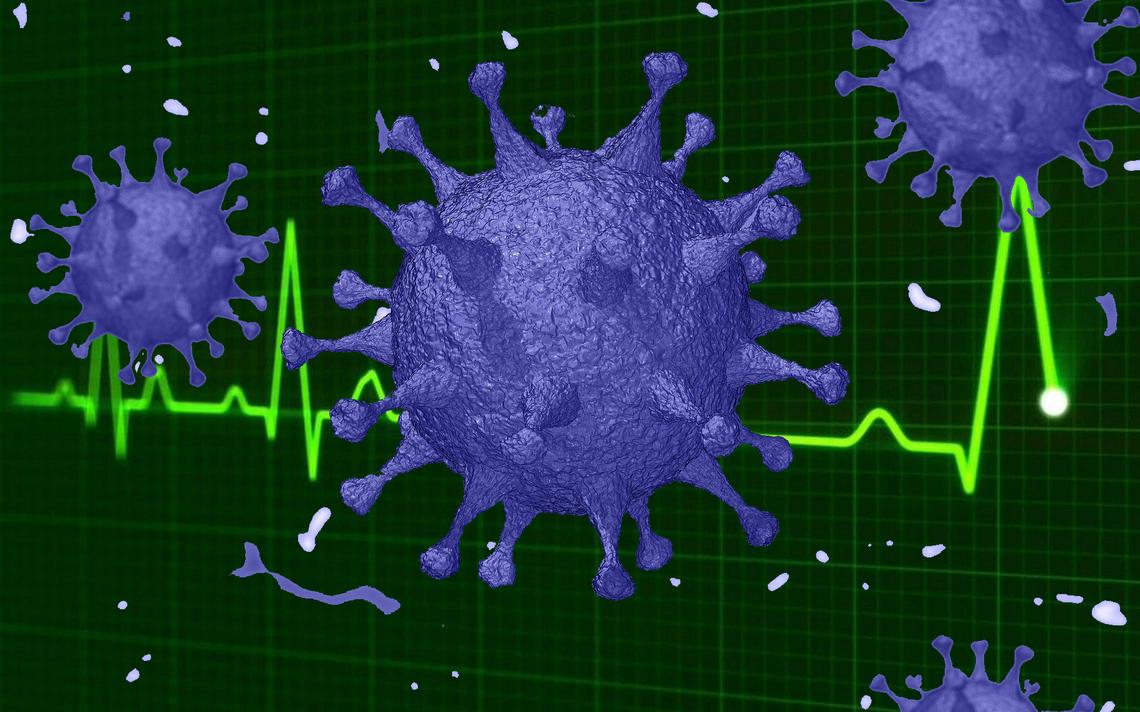New research, published in the journal Cell Reports Medicine, has found that the new coronavirus, which causes COVID-19 infection, can infect heart cells in a lab dish.
The study findings suggest that it may be possible for heart cells to get directly infected by the virus in patients with COVID-19. The discovery was made using heart muscle cells produced by stem cell technology.
It has been found that many COVID-19 patients experience heart issues but the reasons are unclear. Experts believe that pre-existing heart conditions, inflammation, or oxygen deprivation could be the reasons as there was limited evidence on how the virus affects the heart cells.
First author of the study Arun Sharma of the Cedars-Sinai Board of Governors Regenerative Medicine Institute said, “We not only uncovered that these stem cell-derived heart cells are susceptible to infection by a novel coronavirus, but that the virus can also quickly divide within the heart muscle cells.”
“Even more significant, the infected heart cells showed changes in their ability to beat after 72 hours of infection,” he added.
The researchers also found that human stem-cell-derived heart cells infected by the new coronavirus change their gene expression profile, confirming that the cells can directly get infected by the virus. This can further activate innate cellular defense mechanisms in order to get rid of the virus.
Senior study author Clive Svendsen said, “This viral pandemic is predominately defined by respiratory symptoms, but there are also cardiac complications, including arrhythmias, heart failure, and viral myocarditis. While this could be the result of massive inflammation in response to the virus, our data suggest that the heart could also be directly affected by the virus in COVID-19.”
The team also found that treatment with angiotensin-converting enzyme-2 (ACE2) was able to reduce viral replication on stem cell-derived heart cells.
Sharma explained, “By blocking the ACE2 protein with an antibody, the virus is not as easily able to bind to the ACE2 protein, and thus cannot easily enter the cell. This not only helps us understand the mechanisms of how this virus functions, but also suggests therapeutic approaches that could be used as a potential treatment for SARS-CoV-2 infection.”
Dr. Eduardo Marbán, Executive Director of the Smidt Heart Institute, said, “This work illustrates the power of being able to study human tissue in a dish.”
“It is plausible that direct infection of cardiac muscle cells may contribute to COVID-related heart disease,” added Dr. Marbán, who teamed up with Sharma and Svendsen on the study. Co-corresponding author Vaithilingaraja Arumugaswami, who also teamed up with the researchers on the study, said, “This key experimental system could be useful to understand the differences in disease processes of related coronaviral pathogens, SARS and MERS.”























